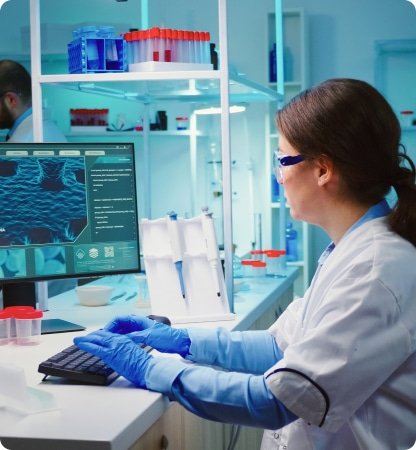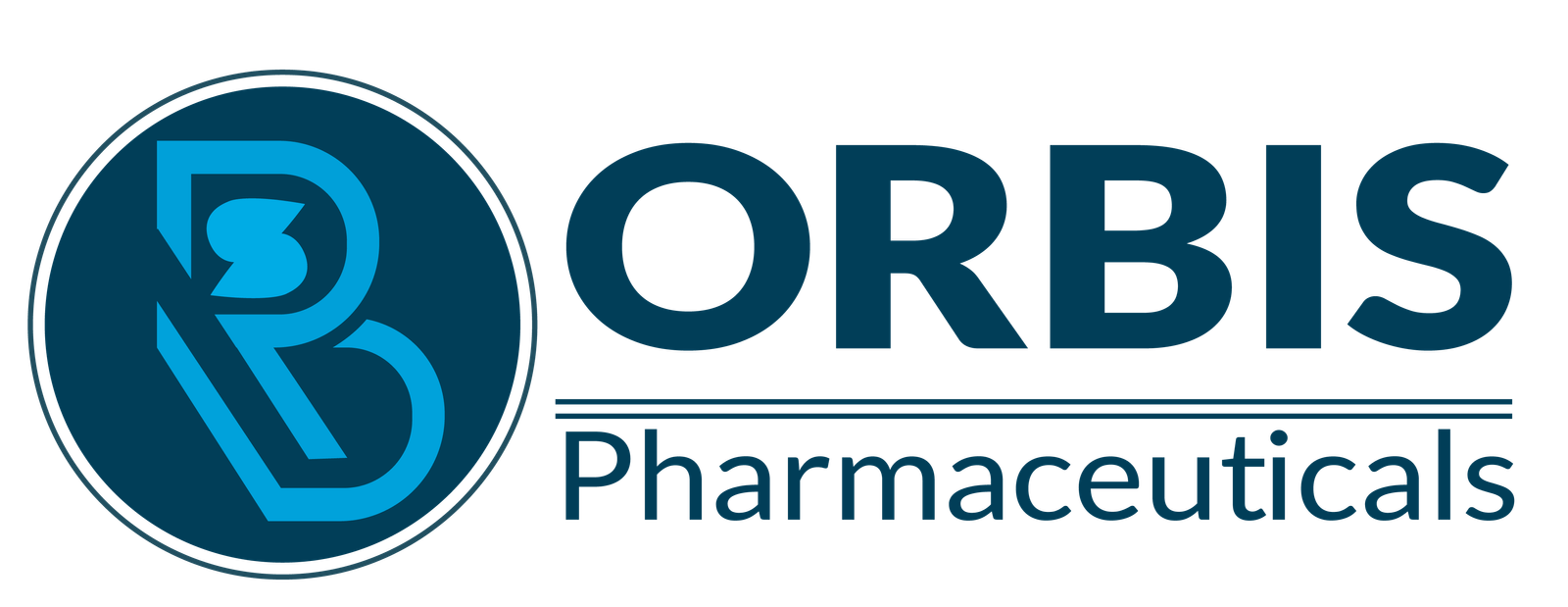API (Active Pharmaceutical Ingredient manufacturing)
Our facility employs advanced technologies and strict quality control measures to ensure the reliable and efficient manufacturing of high-quality Active Pharmaceutical Ingredients. We also offer customized API.
The API manufacturing process is essential to the production of safe and effective pharmaceutical drugs. By following strict regulations and procedures, API manufacturers can help to ensure that the APIs they produce meet the highest quality standards. Active pharmaceutical ingredients (APIs) are the essential chemical components of pharmaceutical drugs. They are responsible for the therapeutic effect of the drug. API manufacturing is a complex and regulated process that involves a variety of steps, including:
- Chemical synthesis: This is the process of creating the API from raw materials.
- Purification: This is the process of removing impurities from the API.
- Characterization: This is the process of verifying the identity, purity, and quality of the API.
- Stabilization: This is the process of ensuring that the API remains stable during storage and transportation.
- Testing: This is the process of ensuring that the API meets all quality standards.
Our Success journey We can Provide.
We have a proven track record of success in helping businesses achieve their goals. We can help you too.



Laboratory for Testing
A laboratory for testing API (Active Pharmaceutical Ingredient) manufacturing is a facility that conducts tests on APIs to ensure their quality and safety. The tests typically include identity testing, purity testing, stability testing, microbiological testing, and functional testing. The laboratory must be equipped with the necessary equipment and instrumentation to conduct these tests, and the staff must be trained and qualified to perform them. The laboratory must also be accredited by a recognized organization, such as the American Association for Laboratory Accreditation (AAALAC). The need for laboratory testing of APIs is driven by a number of factors, including the need to ensure the quality and safety of APIs for human use, the increasing complexity of APIs, and the increasing stringency of regulatory requirements for APIs.
Here are some of the specific tests that are typically conducted in a laboratory for testing API manufacturing:
- Identity testing: This test verifies the identity of the API by comparing its properties to those of a known standard. This is typically done using analytical techniques such as nuclear magnetic resonance spectroscopy (NMR) and mass spectrometry.
- Purity testing: This test measures the amount of impurities in the API. This is typically done using techniques such as high-performance liquid chromatography (HPLC) and gas chromatography (GC).
- Stability testing: This test checks the API’s stability over time, under different storage conditions, and in the presence of different substances. This is typically done by storing the API under different conditions and then testing it periodically to see if its properties have changed.
- Microbiological testing: This test checks the API for the presence of microorganisms, such as bacteria and viruses. This is typically done using techniques such as culture and plating.
- Functional testing: This test checks the API for its ability to perform its intended function. This is typically done by testing the API in a model system or in a human cell culture.



